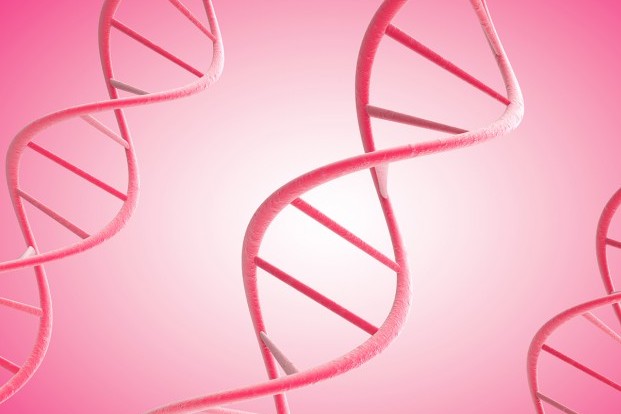Genetic Testing For Hereditary Breast Cancer
in
Onco Care
Apr 19, 2022
Why is it concerning?
- An estimated annual incidence of new cases of breast cancer is 1.5 lacs
- Out of this, 10-12 thousand are hereditary or inherited cancers which are actually preventable cancer.
- There is increased incidences in younger age groups(<35years)
- Associated with more aggressive variants like Triple Negative (ER/PR/HER2neu negative)

What are the genes associated with breast cancer?
- BRCA 1 gene and BRCA 2 gene are associated with hereditary breast cancer and ovarian cancer.

Who should take this test?
- Those who have family member with breast, ovarian or peritoneal cancer be evaluated to see, if they have a family history that is associated with an increased risk.
- GENETIC TESTING SHOULD ONLY BE DONE IN THE SETTING OF PRE AND POST TEST GENETIC COUNSELLING,
- It should include discussion regarding possible risks and benefits of cancer early detection and prevention modalities.
- How is the test performed?
- Test is performed on blood and/or saliva sample.
- DNA extracted from sample is tested for mutation in specific genes.
What does a positive result imply?
- BRCA1 or BRCA2 positive implies to an increased risk of developing breast or ovarian cancers.
- However, a positive test result cannot tell whether or when an individual will actually develop cancer.
- Both men and women, who inherit a harmful BRCA1or BRCA2 mutation, whether or not they develop cancer themselves, may pass the mutation on to their sons and daughters.
Each child has a 50 percent chance of inheriting a parent’s mutation.
- Those with positive result should consult doctor immediately for their prevention options.
What does a negative result imply?
- Negative result implies to no mutation identified which suggests no increase in cancer risk above general population.
What does an ambiguous or variant of unknown significance (VUS) imply?
- Sometimes, a genetic test finds a change in BRCA1or BRCA2, that has not been previously associated with cancer-“variant of uncertain significance”(VUS)
- Because it isn’t known, whether this specific gene change affects a person’s risk of developing cancer.
- Testing from a lab with strong database might reduce chances of getting an ambiguous result.
What are the prevention options for BRCA positive individuals?
- Prophylactic surgery(bilateral mastectomy/oopherectomy)
- Chemoprevention or hormonal therapy
- Surveillance









